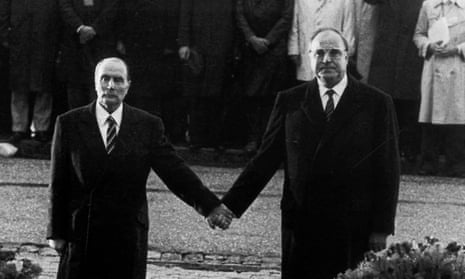On April 1st, 1964, Brazil underwent a civil-military coup that stifled freedoms in the country for 21 years. After 59 years, Brazilian democracy still shows signs of fragility - on January 8 of this year, Bolsonarist protesters invaded the headquarters of the Three Powers in an attempt to strike a new coup.
Just like the 2023 episode, the 1964 movement endorsed the discourse of 'freeing the country from corruption and communism'. An agenda that is very much in dialogue with today's far-right wing.
The 1964 coup movements began in the early hours of April 1st, with tanks heading towards the city of Rio de Janeiro, in an attempt to intimidate the then President of the Republic, João Goulart (Brazilian Labor Party), who was in the capital of Rio de Janeiro state.
:: Federal Police awaits Bolsonaro for testimony next week: what could be his fate in court? ::
Days earlier, Jango (as the then president João Goulart was popularly known) had given a speech in the city in defense of basic reforms, a set of measures to mitigate social inequalities. The speech was the trigger for the coup, as it was perceived as 'very passionate'. However, the military refuses to accept the date, which is also the “April Fool's Day” in Brazil (also known in the country as “Dia da Mentira” or “Lying Day”, in free translation).
On April 2nd, 1964, the president of the Federal Senate, Auro de Moura, declared vacant the presidency of the Republic. Thus, the Military took power in Brazil and began to govern through Institutional Acts (AI), decrees with supposed constitutional power to try to legitimize the dictatorship and expand the powers of the military.
According to a report by the National Truth Commission, the military regime was directly responsible for 434 deaths and forced disappearances and changed the country's institutions through the hands of commanders of the Armed Forces.
External interference
The 1964 civil-military coup in Brazil had external support. The “Operation Brother Sam” was deployed in Washington to provide military and logistical support to the Brazilian military.
João Goulart's Independent Foreign Policy was also responsible for the Brazilian position against US sanctions on Cuba, especially after the oil nationalizations carried out by the Cuban Revolution.
Has Brazil overcome the coup?
Recent facts in Brazilian politics demonstrate that coup aspirations are still seen as a political tactic by the far-right wing.
In 2016, a new coup, this time orchestrated by the Congress and the media, removed the then president Dilma Rousseff (Workers' Party) from power.
On January 8 of this year, coup insurgents invaded once again the headquarters of the Three Powers in Brasilia in opposition to the recently sworn in government of Luiz Inácio Lula da Silva (Workers' Party).
:: Bolsonaro used Nelson Piquet's property to store jewelry and other 'gifts', says newspaper ::
According to an AtlasIntel survey published on February 1st of this year, 39% of the population does not trust the Armed Forces. In the same survey, distrust in the National Congress and in the Federal Supreme Court was 57% and 47%, respectively.
For researcher Piero Leirner, it is necessary to qualify research and analyses to associate the drop in popularity of the Armed Forces with Bolsonaro. He also points out that such surveys are not applied in territories where the Armed Forces have acted, such as in the peripheries or indigenous communities.
Support for the coup does not seem to be, therefore, just a question of institutional policy, but of politics in its broadest aspect, such as the assurance of expressly guaranteed rights since the 1988 Constitution.
Edited by: Patrícia de Matos









